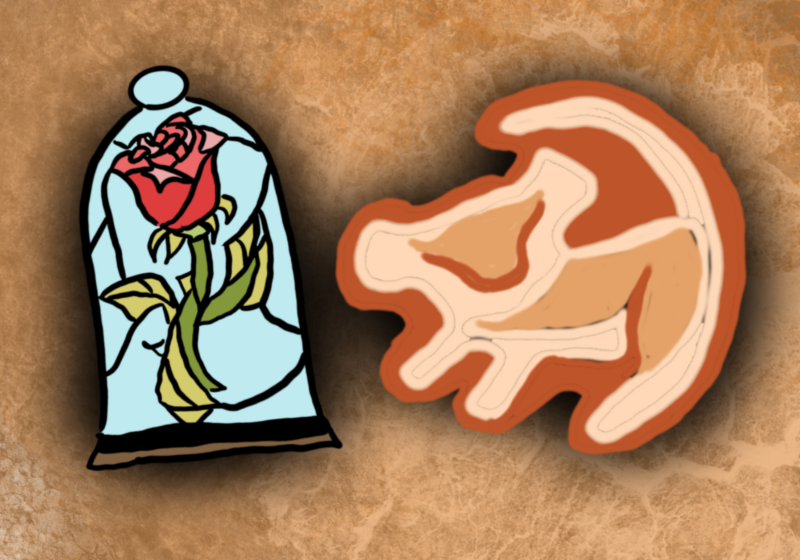Nobody realizes how big a theorbo is until they see one. Its body is the size of a normal, modern-day guitar, but its neck stretches far beyond the outstretched arms of any musician, making it about as tall as an upright bass. And wound around the pegs of this medieval-looking instrument can be 16 strings, or more.
This was one of the most unique instruments showcased during the Pegasus Early Music concert entitled ‘The Lady and Her Echo,” performed at the Rochester Academy of Medicine this past weekend.
Performances were given on Feb. 6, 7 and 8, each time to a sold-out audience. It was a demonstration of Baroque music from the 17th century and featured the musical collaboration of Julianne Baird(soprano), Geoffrey Burgess(oboe), Lisa Terry(cello), Deborah Fox(theorbo) and James E. Bobb (harpsichord).
The tiny stage was squeezed into a cozy, warm salon with bookcases, and red curtains obscured ceiling-high windows; one welcoming room in an otherwise dark and curious mansion on East Avenue.
The title of this concert series was derived from the idea that in all music, especially Baroque, instruments were instructed to mimic the timbre and subtleties of the human voice.
Baird explained that this idea can also be applied to singers, who must similarly attempt to imitate the sounds of various instruments. Consequently, this implies that singers must perfect their skills at ornamentation.
‘Ornamentation could make or break a singer’s career,” Baird said of the Baroque period. The most successful singer was always the one who could tastefully add trills or little improvisations to their libretto.
But nobody would want to take too many liberties with this music, for one of the most important aspects of early music performance is authenticity.
In fact, some musicologists spend the majority of their careers as detectives, trying to attribute unclaimed manuscripts to specific composers.
Sometimes, if a great composer like, say, Frederick Handel, forgot to sign his music, lesser composers of the time would jump at the chance to claim the piece as their own. This understandably creates a lot of confusion.
Authenticity was very important to cellist Terry. She specifically chose to play a Baroque cello for this concert to preserve the kind of sound that would have been heard in the 1600s.
A Baroque cello is not only narrower than a modern cello, but also has no endpin, so she had to support the cello by holding it between her legs.
She brought two bows with her, an old Baroque bow that had an unusually pronounced arc and flexibility, and a later Baroque bow that had less of an arc but could produce a stronger tone.
Following the concert, Terry explained that back in the 17th century, every town in Italy had a different tuning system.
So, whereas today, when it is custom to tune to the standard A 440, Baroque-era musicians would have tuned to A 400 or even A 465. At this concert, however, all the instruments had been tuned to A 415, almost an A flat, to ensure authenticity.
Baird was the featured soloist in this ensemble, and her ‘echo” was played by the Baroque oboist Burgess.
The oboe was very simply constructed and more closely resembled a bagpipe chanter than a modern oboe.Together they created, as Burgess liked to call, harmony ‘in dialogue.”
And while these two musicians intertwined their melodies, they were supported by the rest of the ensemble grounding the piece with their basso continuo.
Fox diligently strummed her theorbo, or ‘bass lute,” as she liked to call it, while the cello and harpsichord weaved simple duets.
Upon the lid of the harpsichord, there was an inscription in Latin that seemed to surmise the complete contentment of the audience: ‘Music, like medicine, cures the blues.”
Rankin is a member of the class of 2010.





